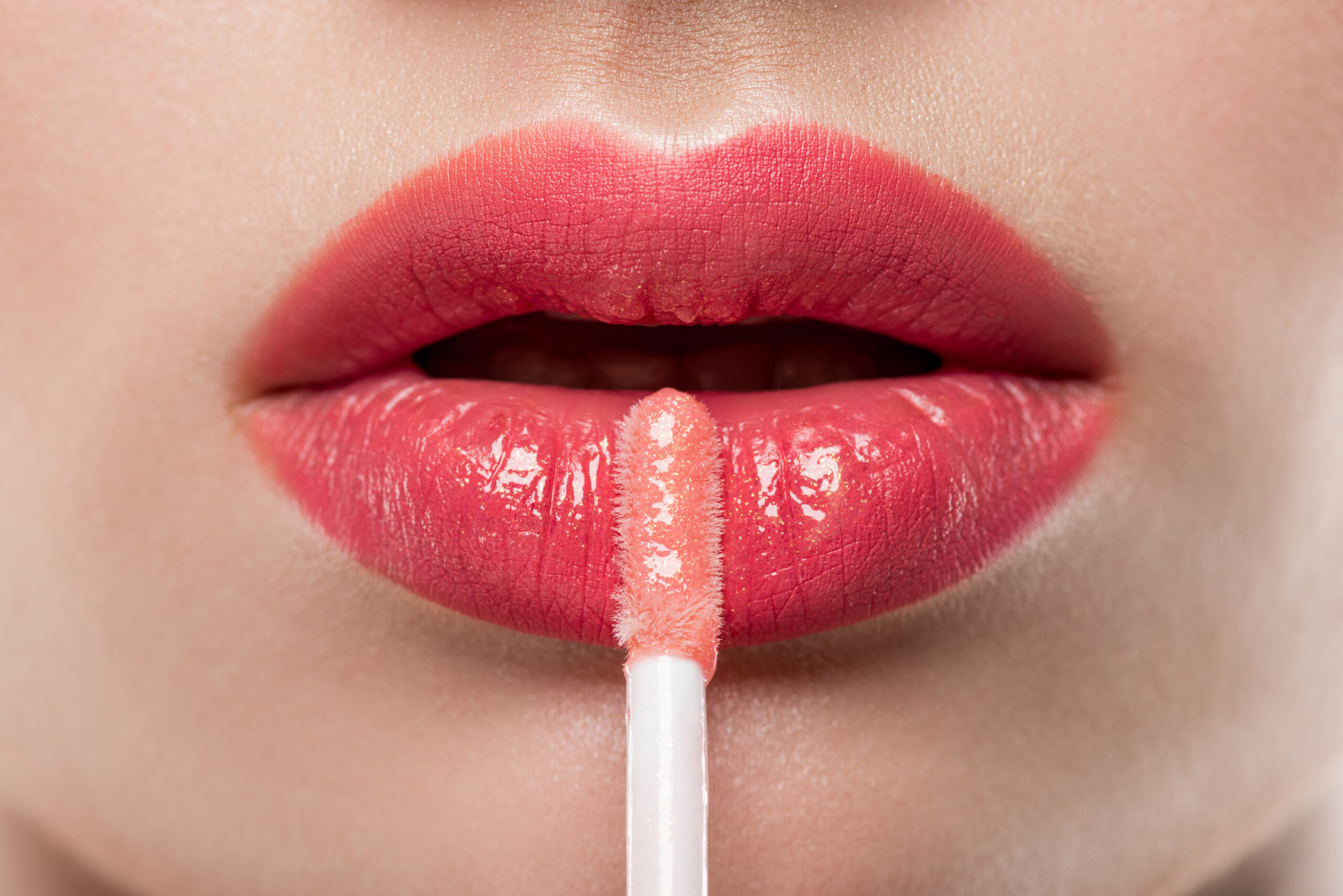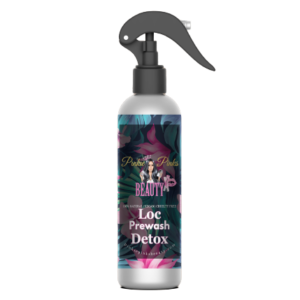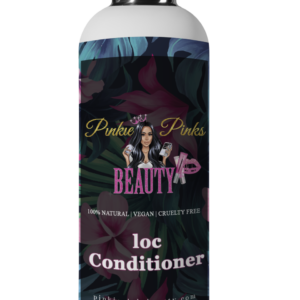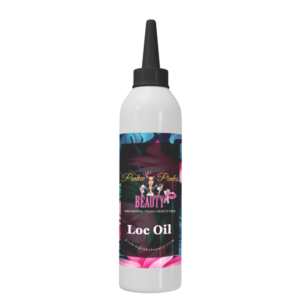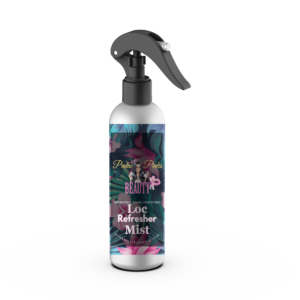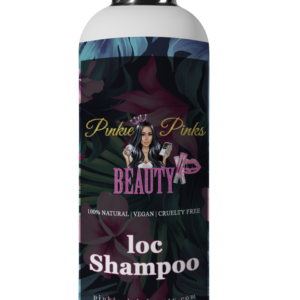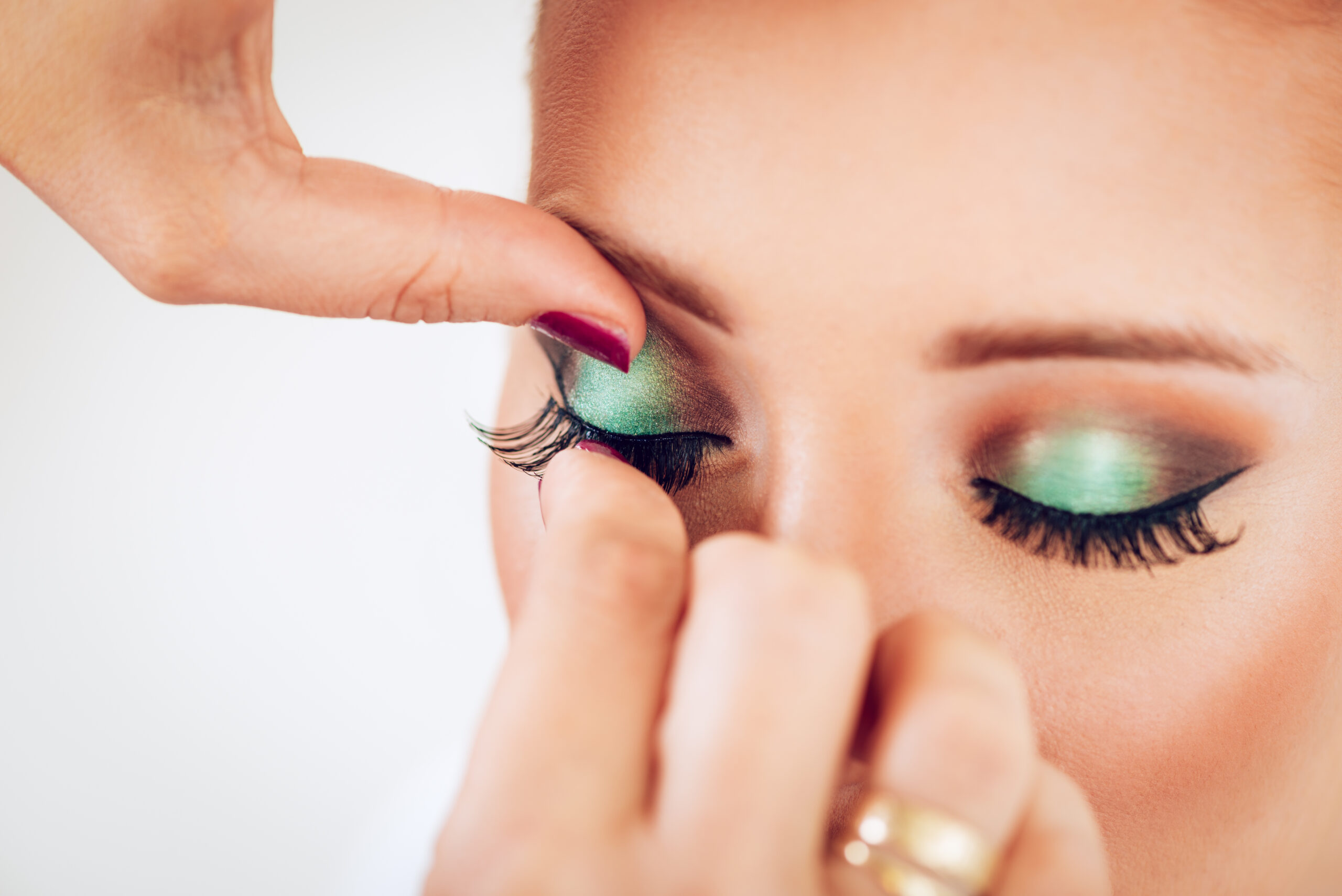PINKIE PINKS LOCS



LOC'S PRODUCTS
Locs are a magnificent and versatile way to rock your natural hair, capable of elegant updos, inspirational colors and styles, and impressive length. But don’t believe the common misconception that dreadlocks are easier to take care of than other styles. In order to keep your locs healthy and thriving, you need to loc down a consistent regimen that keeps them happy. Not sure where to start (or what you’re doing wrong?) Follow these 10 steps to achieve your LOC GOALS!

LOC TIPS
1. Moisturize your locs properly.
You may find that your locs don’t require as much moisture as your loose hair did, but don’t test your luck- you should still moisturize regularly. Dry hair breaks easily, and the last thing you want is brittle locs! Use a light leave-in moisturizer that will quench your locs’ thirst, or water sealed in with a lightweight oil.
2. Condition your locs (with care!)
There is some controversy in the dreadlock community about whether you should use a daily conditioner on your locs- there is a risk, especially on new locs, that such products can loosen/damage your locs. While some individuals go ahead with conditioner, we recommend using apple cider vinegar as an alternative. This rinse will leave your locs soft, and conditioned, and will clarify product buildup from your scalp as well.
3. Deep Condition your locs
Warning- this step is NOT for new locs! Once your locs are mature, we recommend you deep condition every 1-2 weeks to keep your locs healthy, strong, and moisturized. Pinkie Pinks Loc Conditioners not only keep your locs moisturized, but consistent use will keep your locs strong, healthy, and vibrant.
While your locs are in the starter phase, deep conditioning runs the risk of detangling your starter locs! (Yes, our Deep Conditioners are that detangling!) So if you started your locs recently, consult with your loctician on when it’s safe to deep condition your locs.
4. Don’t over-wash your locs.
While locs are more prone to odors and buildup than loose hair, over-washing can dry out your scalp and lead to flaking, itchiness, breakage, and thinning locks. We recommend once every 1-2 weeks, and don’t wash starter locs until they have some time to mature.
5. Dry locs thoroughly after washing.
More often than not, the mildew smell that locs can develop is due to improper drying (picture how your laundry smells if you leave it in the washer for a couple days without drying it!) Use a blow dryer on low heat or let your locs air dry. Don’t tie up your locs, bunch them together, or cover them with anything until they are fully dry.
6. Keep your locs healthy and happy with natural oils.
Use natural oils to keep your locs and scalp moisturized and healthy. Oils like coconut and olive will protect your locs from getting too dry, and diluted tea tree oil will help clean hair with its antifungal properties. Loc oil (or Pinkie Pinks Strengthening Jamaican Black Castor Oil Products) will keep your scalp moisturized and healthy, able to grow longer, stronger locs.
7. Don't overdo it with oils or products.
Locs are made of matted hair and vulnerable to buildup if you go too hard with products of any kind. Use less product than you think you need, and avoid styling products that leave a lot of residue. Stick with lightweight products and oils, and use them sparingly.
8. Wrap your locs at night with a satin scarf or bonnet.
Your locs are strong, but they are still susceptible to breakage and damage from friction. Wrapping your locs in silk or satin will protect and prevent breakage during the night.
9. Don’t twist your locs, especially dry.
Absentminded, repetitive twisting pulls your hair follicles and can cause the loc to fall out over time. Only twist when you are retwisting, and be sure to give your hair plenty of time (we recommend several months) in-between retwisting or interlocking. Don’t retwist or interlock too tight- it shouldn’t hurt.
10. Do your research!
We know this doesn’t answer all your questions about locs, so if you want to dye them, achieve a particular style, trim them, or try a new product on them, do some research online before you begin. The same goes if you’re starting locs for the first time! Read up on how to care for starter locs before you begin, and if you’ll be working with a loctician, take a look at their work first.
We hope this guide was helpful! What do you want to learn about next?
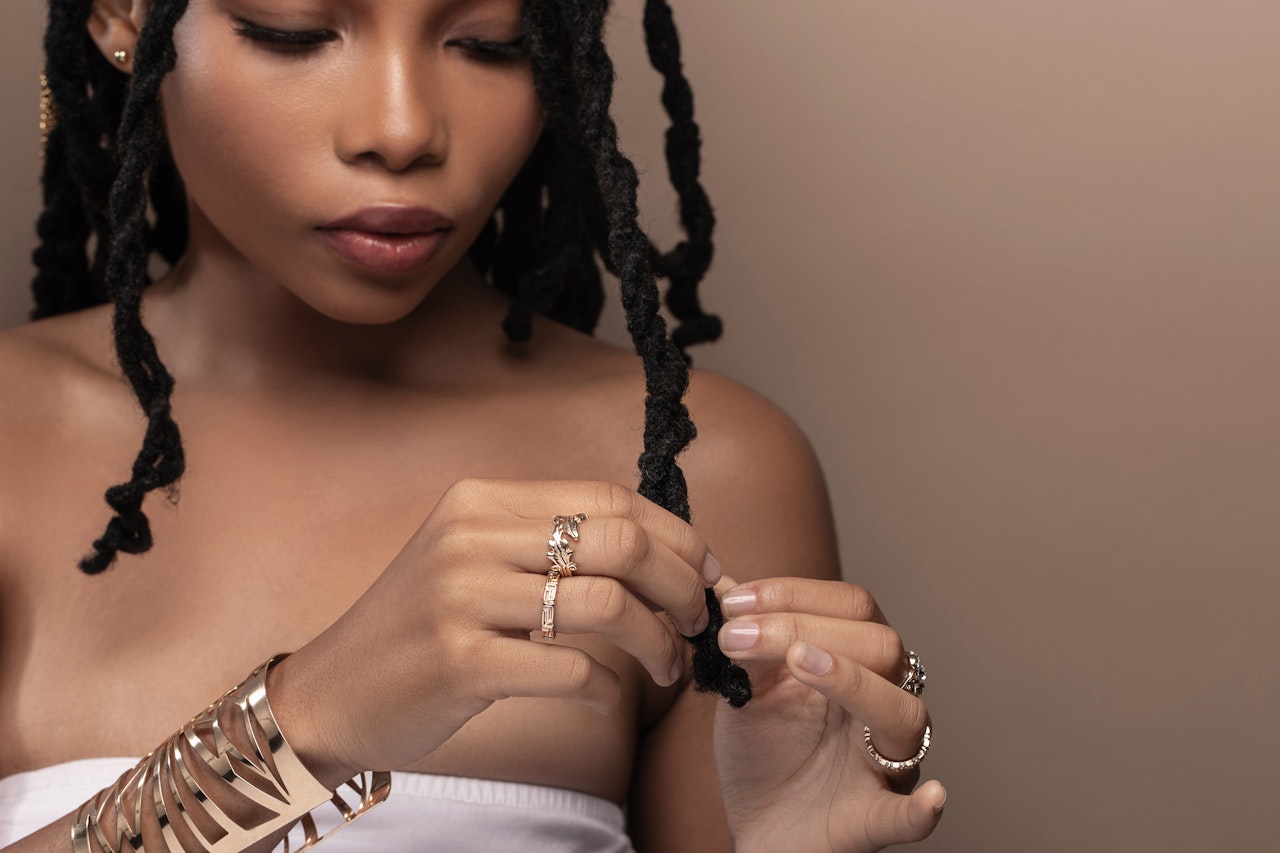


Book Your Appointment
About us
Let’s get connected
Sign up for our newsletter
